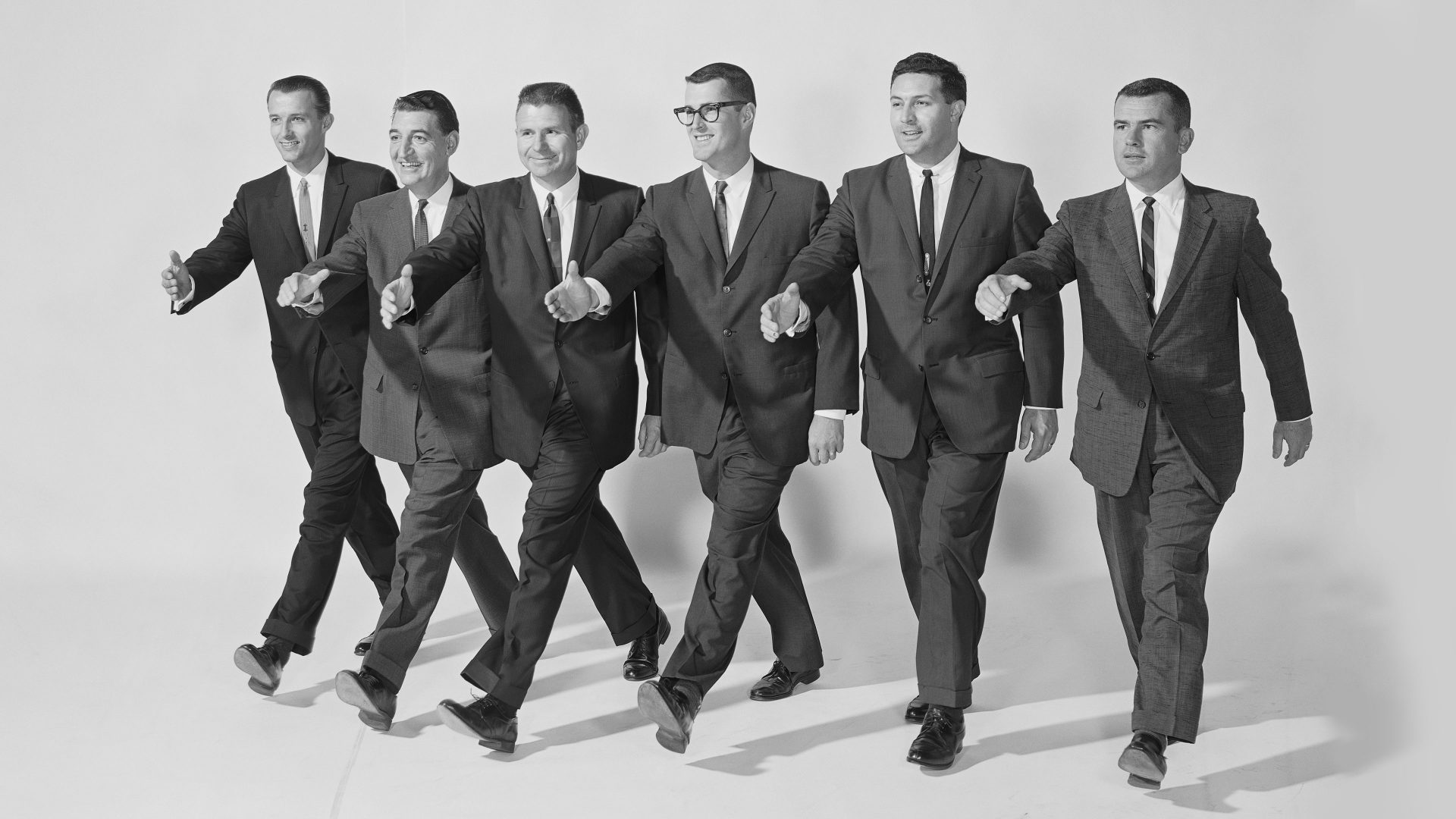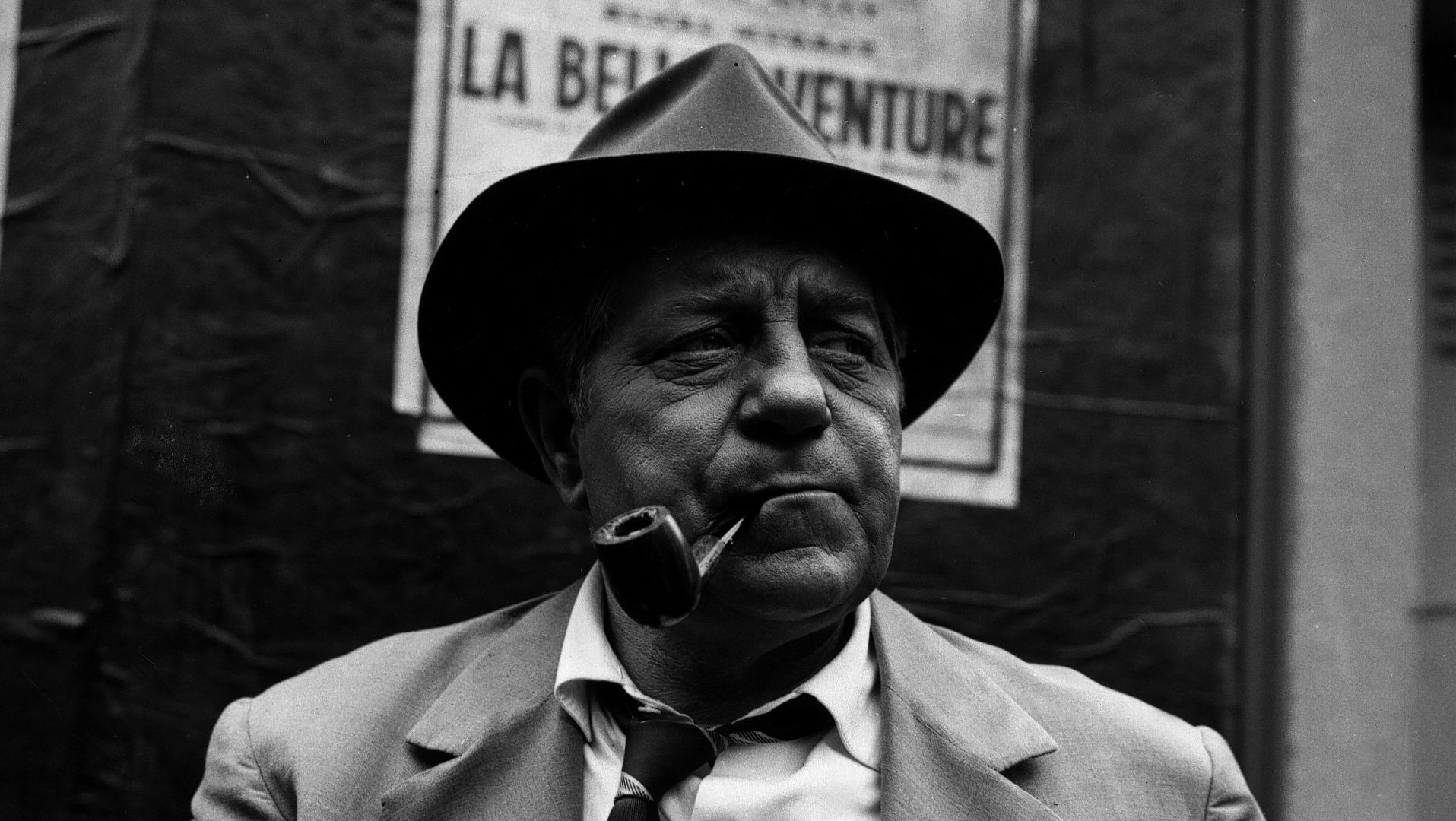I remember rather clearly, when we first heard about the American musical Guys and Dolls being premiered in London in 1953, that I had absolutely no idea what “guys and dolls” might mean. I was nine at the time and had no interest in American musicals, so did not bother to ask.
By the 1960s, however, we all knew what guys meant. The colloquial usage of guy to refer to a man or a boy had still not penetrated into everyday British speech, but we understood that Americans used the word in this way. We ourselves would normally say bloke or, if we were rather more upper-class, chap. Never guy.
These days, guy “male person” has become very common indeed in Britain and, in a further development, the plural form guys as used by younger people is no longer sex-specific, referring to women and girls as well. In fact, the phrase “you guys” is now very usefully taking over the job of the second-person plural pronoun, helping us to avoid the confusion potentially caused by the fact that in most modern dialects of English, “you” is inconveniently ambiguous as to whether its is singular or plural.
But where did this usage of the word guy come from? The first instances known to the Oxford English Dictionary are from the USA, from the 1850s. The dictionary’s best guess is that it had originally meant “a strange-looking man”, a reference to the grotesque effigies of Guy Fawkes traditionally mocked and burnt on bonfires on November 5th to celebrate of the foiling of the Gunpowder Plot of 1605. The verb to guy, meaning “to ridicule or deride somebody”, also first appeared in the 1850s.
The November 5th celebrations were exported to some of the British colonies around the world and the occasion is still celebrated in New Zealand, among other places. But they seem to have ceased to be customary in the USA after American independence was achieved in 1776.
This raises the question of how and why America was the place where the colloquial usage of guy “man” first became established. If Americans had not been burning effigies of Guy Fawkes for 70 years, how did it happen that Fawkes’s name first morphed into signifying “strange man” and then just “man” in America in the 1850s?
It is perfectly possible that this is simply what indeed happened over the course of those years. But it has been pointed out that the fact that the locus of this development was in the USA could also be due to the fact that the word guy made its way into English, not only from the male given name Guy, but also from the Wolof word gaa “fellows, people”.
Wolof, as noted in these columns before, is an important West African language of Senegal. The tragic Senegalese island of Goree was a centre of the slave-trade for over 300 years, and the Wolof language was undoubtedly taken across the Atlantic from there during this time.
A number of West African words certainly did make it into American English via this route. Phoney “false, sham” first appeared in American English in the 1800s and has been argued to come from Mandingo foni “false”. Mandingo is another language spoken in Senegal.
DOLL
Just as people named Harry could be known familiarly as Hal, women called Sarah got the pet name Sal, and Mary received the affectionate appellation Moll, so a Dorothy could be called Doll. This pet name came to be used, first, as a word for a mistress and then, from around 1700, a child’s toy baby.




